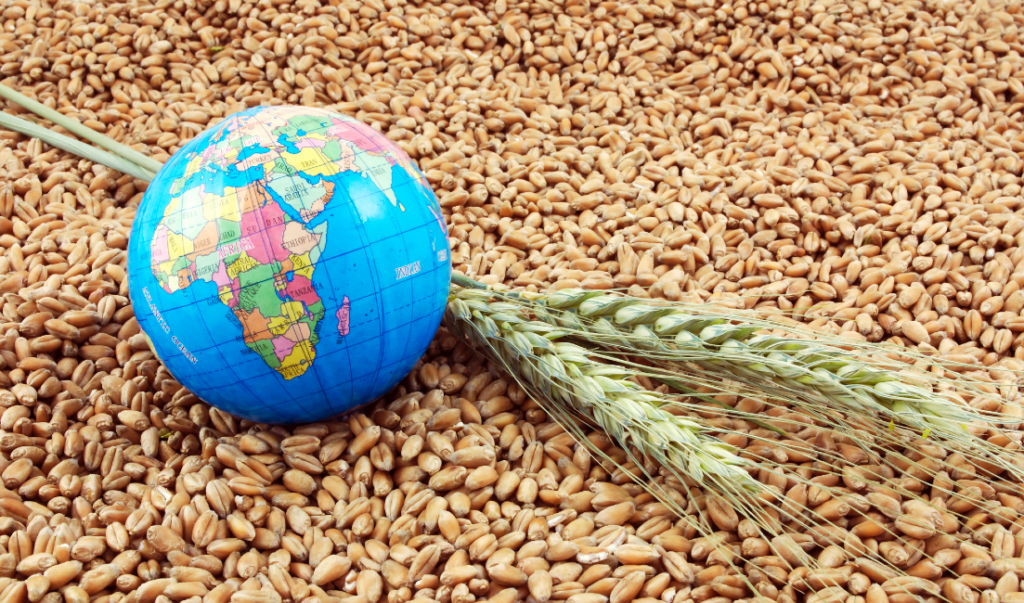The Economist: Ukraine’s landmine crisis threatens global food supply
Ukraine's status as the world's most heavily mined country is costing its economy $11.2 billion annually and threatening global food security, a new report reveals.


Ukraine has become the most heavily mined country in the world, with an area larger than England contaminated by landmines and other explosive remnants of war (ERW), the Economist reported on 9 September. This situation allegedly poses a significant threat to Ukraine’s economic recovery and global food security.
Ukraine is reportedly the most heavily mined country on Earth, with up to 139,300 square kilometers of land – an area larger than England – studded with millions of landmines, The Economist reported.
According to a new report by the Tony Blair Institute for Global Change (TBI), produced in collaboration with Ukraine’s Ministry of Economy, landmines and ERW cost the Ukrainian economy $11.2 billion in lost GDP annually. This figure represents 5.6% of the country’s pre-war GDP.
The impact on agricultural exports is particularly severe. The TBI estimates that “annual Ukrainian exports are $8.9bn (13.2%) lower than they otherwise would be owing to landmines and ERW.”
The Economist reports that “before the war, nearly 90% of Ukraine’s wheat exports went to food-insecure countries in Africa and Asia.” With exports approaching a ten-year low, the demining of Ukraine’s agricultural land has become a matter of urgent global importance.
The World Bank estimates that clearing Ukraine’s mines will cost $34.6 billion. The process could take over a century at current funding levels and using conventional demining approaches.
Annual funding needs to increase to approximately $2.8 billion to meet the Ukrainian government’s ambitious target of returning 80% of potentially mined land to productive use within a decade.
The Economist reports that “more than 35,000 square kilometers have been surveyed and marked as safe in the past year and a half,” but current funding falls far short of the required amount.
The Economist also reports that “increasing the pace of demining is a challenge of global importance, and Ukraine needs the world’s support.” Swift action is crucial for reviving Ukraine’s economy and ensuring food security for vulnerable populations worldwide.
Read also:
- Ukraine receives first batch of Japanese demining machines, more to come
- Firefighting robot certified for Ukrainian military for dangerous demining missions
- Lloyd Austin: Ukraine war will “define global security for decades”



